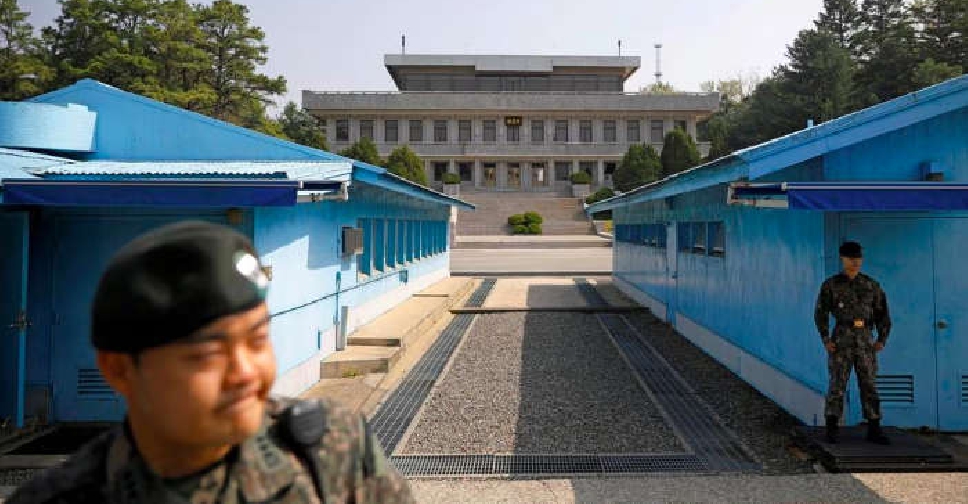
When US soldier Travis King sprinted across the border into North Korea from the South this week, he disappeared into a North Korea where lingering COVID-19 concerns and restrictions have made the already secretive country more isolated than ever.
During the pandemic North Korea stopped all international travel and most trade, built a lengthy border wall, and even shot some would-be unauthorised border crossers early in the outbreak.
Its trade has slowly resumed and mask mandates appear to have been dropped, but analysts say Pyongyang is still keenly nervous about border crossings, authorised or not.
King ran over the border on Tuesday while on a civilian tour of the Demilitarized Zone between the two Koreas, and US officials say they have yet to ascertain his fate.
"North Koreans don’t want to interact with the outside world," said Andrei Lankov, director of the Seoul-based Korea Risk Group, noting the only known case of foreigners being allowed into the country in the last three years was a new Chinese ambassador and other diplomats in March, after lengthy negotiations.
King's motives remain unclear, though US officials said he was facing military disciplinary action and appeared to have intentionally crossed the border.
Now, even if he wants to return to the US, it could take years, Lankov said.
"I would expect this soldier could stay in North Korea at least until the end of the COVID restriction period which might be another two or three or four years," he said.
Colonel Isaac Taylor, a spokesman for the US-led United Nations Command that overseas the DMZ on the South Korean side, said the command had been in contact with the North via established hotlines.
"We have been communicating with them and we know that they have received our messages," he said, but declined to elaborate on any response.
Officials in Washington said North Korea had yet to give any response through a number of channels, including at the United Nations.
COVID restrictions aren't stopping the North from picking up the phone, but it has created new uncertainty over how they may view his crossing, or how they may decide to communicate.
North Korean border guards fatally shot and burned the body of a South Korean fisheries official near their disputed maritime border in 2020. Later that year, leader Kim Jong Un ordered an entire city into lockdown when a North Korean crossed back into the country from the South.
Sweden, which helps in detainee cases because the United States does not have diplomatic relations with North Korea, withdrew all its diplomats from Pyongyang in 2020, and they have yet to return.
The Joint Security Area, a typical venue for working-level negotiations where King made his border dash, gathered dust and weeds for most of the pandemic. North Korean guards at the site still shelter inside buildings, apparently to avoid the risk of catching COVID.
Over the years, the JSA has seen diminished importance in negotiations over detainees, in favour of venues such as the United Nations, where North Korea has a delegation, said Steve Tharp, a retired US Army officer who spent years working at along DMZ.
But North Korea often seeks meetings with high-level American officials before any releases, and that could be complicated by their worries over COVID, he added.
Tharp said when he worked on the case of US military pilot Bobby Hall who was captured by the North Koreans after they shot down his helicopter when it inadvertently strayed over the border in 1994, Pyongyang demanded to speak only to general-level military officers.
Other past cases saw North Korea seek former US presidents, state governors, or other top-level envoys to visit the country to seek detainees’ release, but such trips seem unlikely for the foreseeable future as the country maintains near total lockdown on outside arrivals, Lankov said.




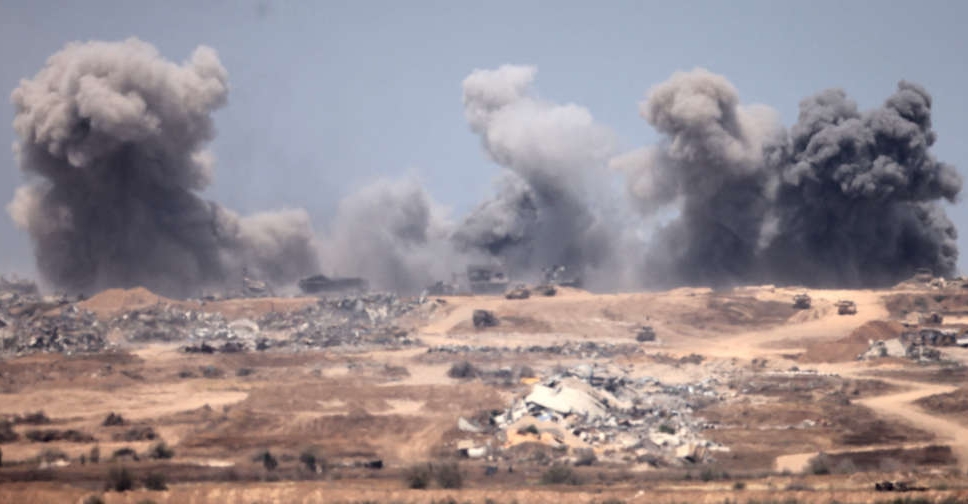 Qatari PM: Ceasefire talks on Gaza show signs of progress
Qatari PM: Ceasefire talks on Gaza show signs of progress
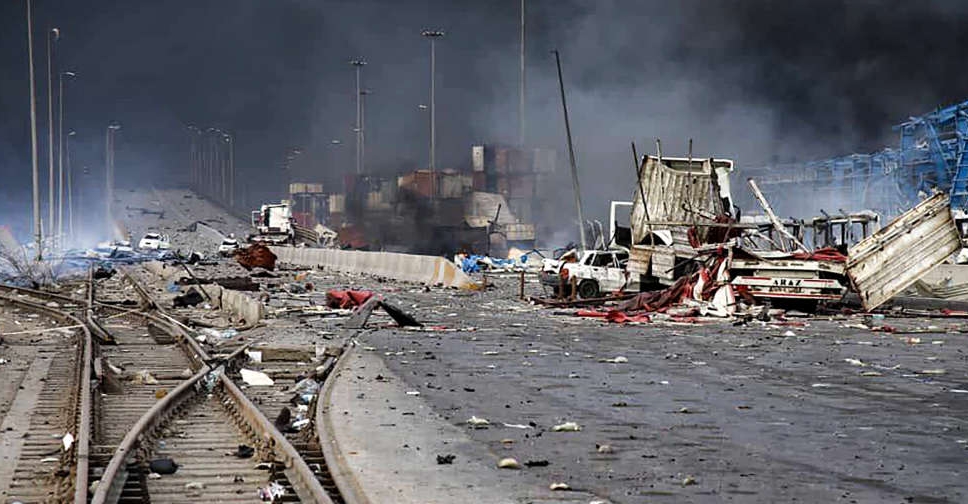 More than 700 injured in Iran's explosion
More than 700 injured in Iran's explosion
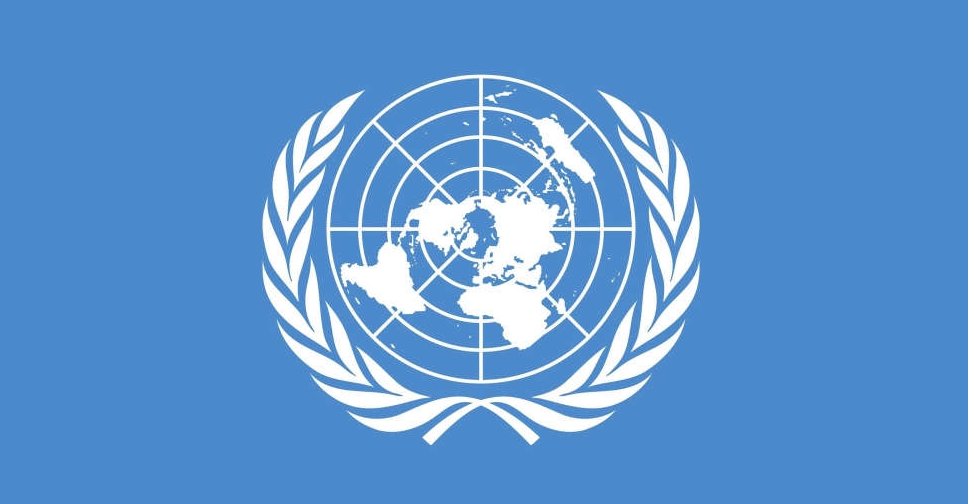 UN warns funding cuts threaten vital aid
UN warns funding cuts threaten vital aid
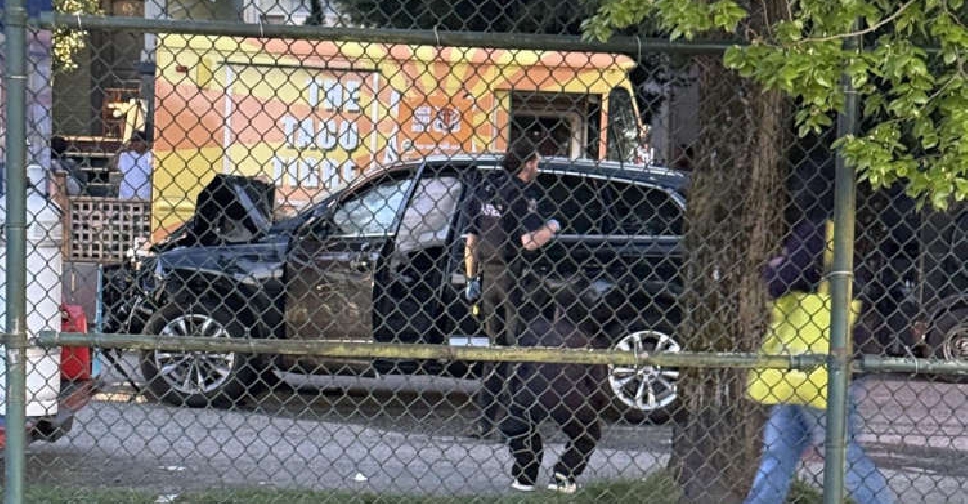 Multiple dead in Vancouver after vehicle plows into street festival
Multiple dead in Vancouver after vehicle plows into street festival
